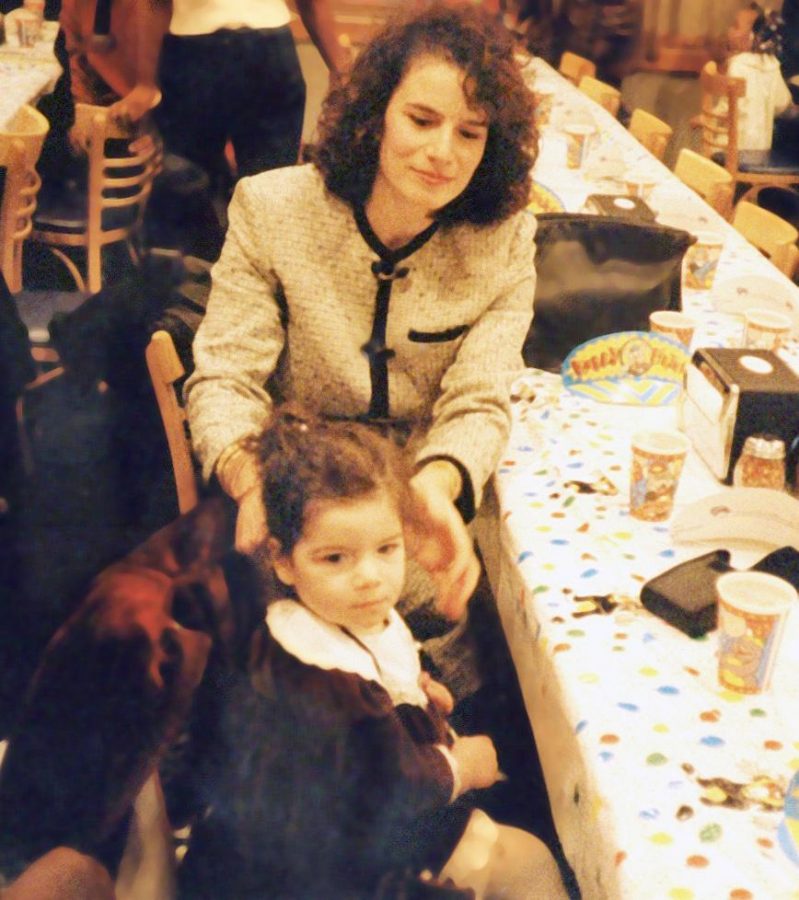At 19, I only have a faint recollection of the sexism that imbued my traditional, Syrian upbringing.
I was never hit, stoned or raped. My father never forced me to swathe myself in a black Niqab. I was fortunate enough to have a Syrian mother who knew her worth and taught me mine — and who raised me to never rely on men.
Despite being raised in Pittsburgh by immigrant parents from the Middle East, relatives would still tell me to “cover up” if I bared my navel in a crop top. My family raised me to avoid precarious circumstances around men so I wouldn’t get sexually assaulted — because I would have been at fault for instigating my doom, and purity is sacred in Syrian culture.
I never chalked these experiences up to systematic sexism in Syrian culture until I matured. But, as benign as the instances I’ve described may sound relative to the plight of women in the Middle East, Arab women fight against the same culture as I — the culture that forbids them from wearing crop tops and normalizes rape culture and abuse.
Arab women resent their cultural roles as disenfranchised, doe-eyed, translucent, second-class citizens hidden away in harems. They are becoming activists — boldly and brazenly shunning their critics with mini skirts, picket signs and the outright damnation of their oppressors. They are catalyzing a woman’s Arab Spring, which, with enough support, can set off a domino effect to inspire women to reject their default placement as breeding machines and homemakers.
And we need to help them.
The international community needs to provide the women in the Middle East with support by incentivizing basic human rights. Countries with status, such as the United States, need to advocate for the empowerment of Arab women and hold countries that mistreat their women accountable by implementing sanctions.
We need to inspire mothers to instill a sense of autonomy and independence in their daughters like my mother did with me. We need to express our solidarity with our Syrian, Iraqi and Egyptian sisters through continued participation in social media campaigns. We must encourage Arab women to continue telling their stores to dissolve the silence that masks them.
In December, Iraq crowned its first Miss Iraq, Shaymaa Abdelrahman, in 43 years. Despite being inundated with death threats by ISIS — which caused other contestants to opt out of the pageant — Miss Iraq stayed in, valiantly won and received an outpouring of support on Instagram.
“I want to prove that the Iraqi woman has her own existence in society, she has her rights like men,” Abdelrahman told NBC News.
Although the attention the media gave Abdelrahman may seem like an ephemeral 15 minutes of fame to us Westerners, her message reached 15 million young girls and women in Middle Eastern countries.
This support may be exactly what young girls need.
According to a 2011 UNICEF survey, 57 percent of adolescent Iraqi girls believe husbands are justified in hitting their wives. In a society where women are indoctrinated to believe domestic violence is an acceptable norm, women like Abdelraham are doing more than just going against the grain.
In Western society, dresses that bare knees and tight skirts are staples of many wardrobes. In the Middle East, however, wearing anything short or tight is a punishable crime. So much so, the Miss Iraq contestants cannot wear bikinis or dresses that fall above the knee.
For women in Morocco, like those in Iraq, an outfit could equal jail time.
Last July, women in Inezgane, Morocco, were arrested for “gross indecency” because of their short skirts. The women described merchants heckling them for wearing “flimsy and immoral” clothing, and the police reported noting the women’s clothes were “too tight.”
Under Moroccan law, anyone guilty of gross indecency can face up to two years in prison. The arrest spurred a virtual protest where women across the globe posted pictures on social media wearing short skirts along with a petition that more than 27,000 people signed.
After the outcry and petition, the women were acquitted, disseminating the message calling for fair treatment of women even further.
With continued support, Arab women are making the trek often encumbered with animosity and outrage — but it’s a trek to independence and empowerment, nevertheless. There are stumbling blocks, but they are inching toward the top.
Much like the Arab Spring that facilitated rebellion and toppled regimes across the peril-laden region, women are following this same sequence, and we need to help arm their artillery.
With each protest comes a tide of reform that many Arabs are embracing. It is a movement that requires us to beam the spotlight on our sisters who have emerged from the shadows.
As salaam wa allaykum, my Arab sisters, and may we achieve it together.
Marlo Safi is the Assistant Opinions Editor for The Pitt News. She primarily writes about public policy and politics.
Write to her at [email protected]



